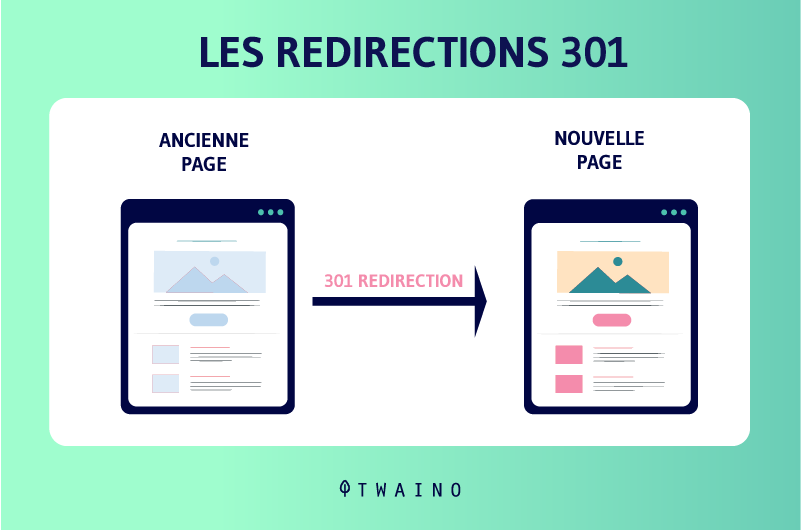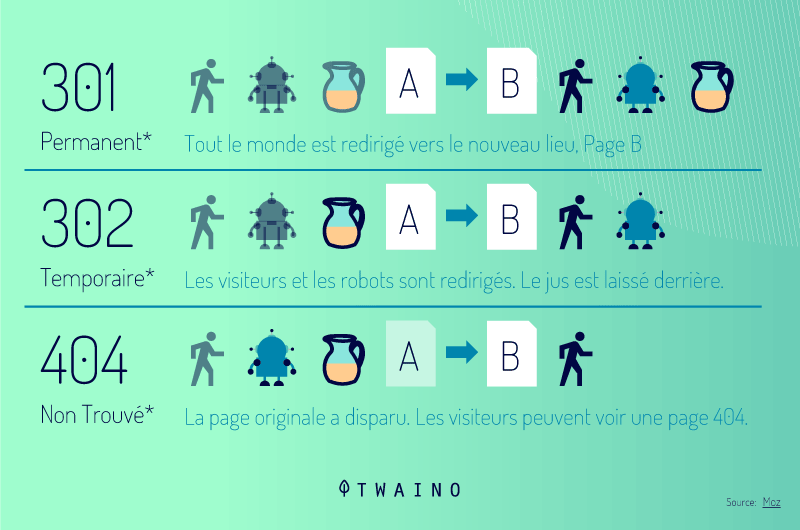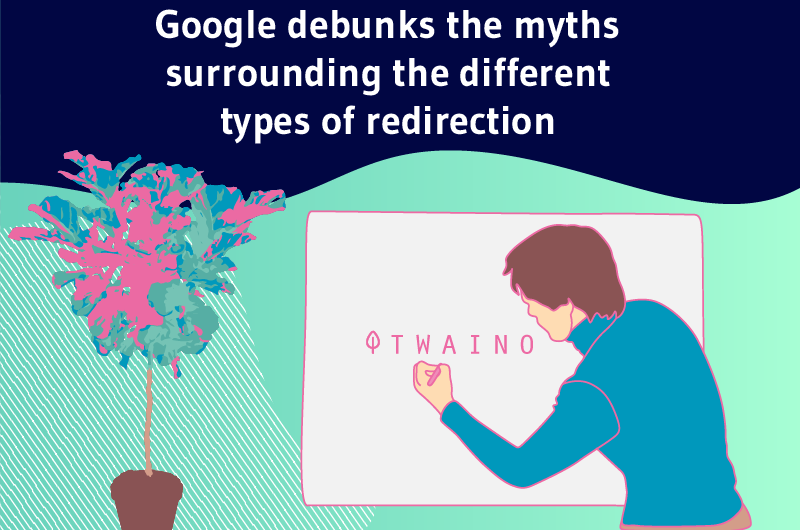In the field of SEO, there’s a debate that often resurfaces: what type of redirect to use to maximize PageRank. Google’s John Mueller has answered some common questions on the subject. Let’s take a look at the myths he debunks.
Different types of redirects have no significant impact on PageRank
The debate began when Mueller addressed a highly controversial topic in the field of SEO: the choice between using a 301 or 302 redirect to optimize PageRank.

Google’s position on this issue, according to John Mueller, is that it has no significant impact on PageRank:
”The good news is that it doesn’t matter. Use the technically correct type of redirect.”
He went on to point out that other redirect types, such as 307 and 308, are also valid options. Since their inception, search engines have been able to handle different types of redirection.
We put the rumors to rest! 🤫
– Google Search Central (@googlesearchc) August 31, 2023
Find out what redirect type gives your website maximum PageRank. pic.twitter.com/ZfuuwuM8bf
Therefore, the choice of redirect type is not a critical factor in terms of PageRank optimization. As stressed above, use the one that suits your particular needs, whether it’s a permanent or temporary redirect.
For those who may have doubts or want more information on this subject, please visit Google’s official documentation on HTTP status codes or watch the associated videos available on Google Search Central.
Temporary redirects have no fixed time limit

During an exchange with Mueller, a participant by the name of Lyndon NA asked a pertinent question: What is the time aspect of 302 and 307 redirects?
Mueller’s answer to this question was this:
“There is no fixed number
There is no fixed number.
– Expert prompt engineer with 8 yrs experience, ama (@JohnMu) August 31, 2023
You’re welcome.
This response left SEO professionals in the usual position. They’ll have to wait and see what happens after a redirect is updated or removed.
Permanent redirects are not irreversible
Mueller has revolutionized the thinking of SEO professionals by asserting that permanent redirects are not truly eternal.
You can always reverse it.
– Expert prompt engineer with 8 yrs experience, ama (@JohnMu) August 31, 2023
Even a permanent redirect is not literally permanent, it’s just a question of your time horizon.
Of course, this statement goes completely against popular belief.

In fact, the concept of “permanent” in the context of redirects refers to their long-term effect on search engine rankings, but technically they can be modified or reversed if necessary.
SEO professionals must therefore be aware of the potential impact of redirect decisions on their website’s performance, and adjust them if necessary to achieve their SEO goals.
To sum up:
Mueller’s exchange with the SEO community has helped to dispel many myths and misunderstandings associated with redirects. This will enable SEO professionals to develop strategies based on facts rather than assumptions.



